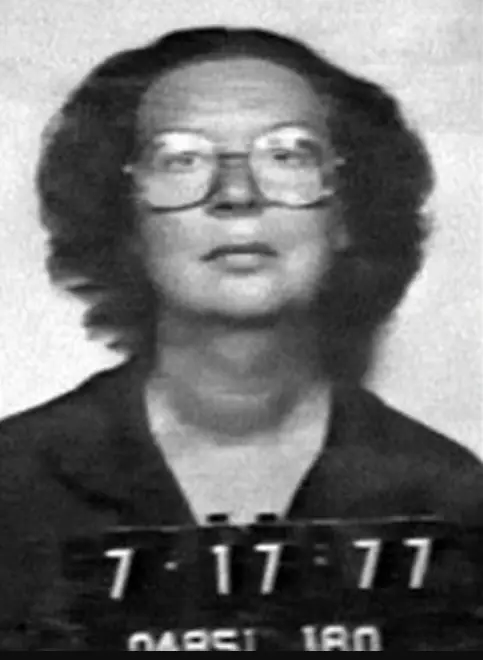Tensions between President Trump and the Democratic officials in the nation’s capital are escalating. The reason? Washington D.C. has just filed a lawsuit against the Trump administration for deploying the National Guard in the city.
Washington Fights Back
D.C.’s Attorney General, Karl Racine, announced the lawsuit on social media, making it clear that this is a fight for the city’s home rule and a push to stop what he calls an “illegal military occupation.” He argued that no American city should be involuntarily militarized, calling the forced deployment in the capital a violation of its self-governance and basic freedoms that must end immediately. To top it off, he noted that the National Guard presence has not only compromised public safety but has also hit the local economy hard.
Under the D.C. Home Rule Act, Washington has the power to elect its own mayor and city council. However, it’s worth remembering that the U.S. Congress still holds the ultimate say over the district’s laws, budget, and major policies.
It was on August 11 that Trump first announced his decision to send the National Guard to “restore law and order” in Washington. At the same time, he took aim at a number of cities led by Democrats, labeling them “problem cities,” including Chicago, Los Angeles, New York, Baltimore, and Oakland. He had previously hinted at sending troops to Chicago as well, but no official action has been disclosed. According to the Associated Press, that plan was expected to kick off as early as September 5 and last for about 30 days.
Currently, more than 2,000 National Guard members are deployed in Washington. The Associated Press reported on September 4 that a National Guard official revealed the mission’s expiration has been extended until December. While this doesn’t guarantee every soldier will stay that long, it’s a strong sign that this operation is not wrapping up anytime soon.
California Strikes a Blow
Just two days before D.C.’s lawsuit, a federal judge in California delivered a major blow to the Trump administration. The judge ruled that the deployment of the National Guard and Marine Corps in Los Angeles to assist in law enforcement was unlawful.
U.S. District Judge Charles Breyer of the Northern District of California stated in his decision that the administration’s June move to send troops to L.A. to deal with public protests violated the 1878 Posse Comitatus Act. This law prohibits the use of U.S. military forces for domestic law enforcement without explicit congressional approval.
Breyer issued an injunction, barring the Trump administration from using the California National Guard or any other military forces stationed in the state for law enforcement purposes. The ruling was set to take effect on September 12, giving the administration time to file an appeal.
Predictably, California’s Democratic Governor, Gavin Newsom, welcomed and praised the ruling. The White House, on the other hand, was quick to push back, with a spokesperson stating that an “irresponsible judge is attempting to usurp the power of the Commander-in-Chief.” Reports from U.S. media indicate that the Justice Department will appeal the decision immediately.
This ruling has garnered significant attention, especially as Trump deploys the National Guard in Washington, and threatens to do the same in other Democratic-run cities. While this decision is currently limited to California, some media outlets believe it could set a crucial precedent, helping to clarify the legal issues surrounding the federal government’s future deployment of troops in cities nationwide—a major setback for the Trump administration.
Back in early June, federal agents tasked with apprehending undocumented immigrants clashed repeatedly with residents in the Los Angeles area. Despite receiving no request for assistance from Governor Newsom, Trump issued multiple orders to send a total of about 4,000 California National Guard members and roughly 700 U.S. Marines to the area to support the federal agencies. While most of these forces were pulled out after July, around 300 National Guard members still remain in Los Angeles.
